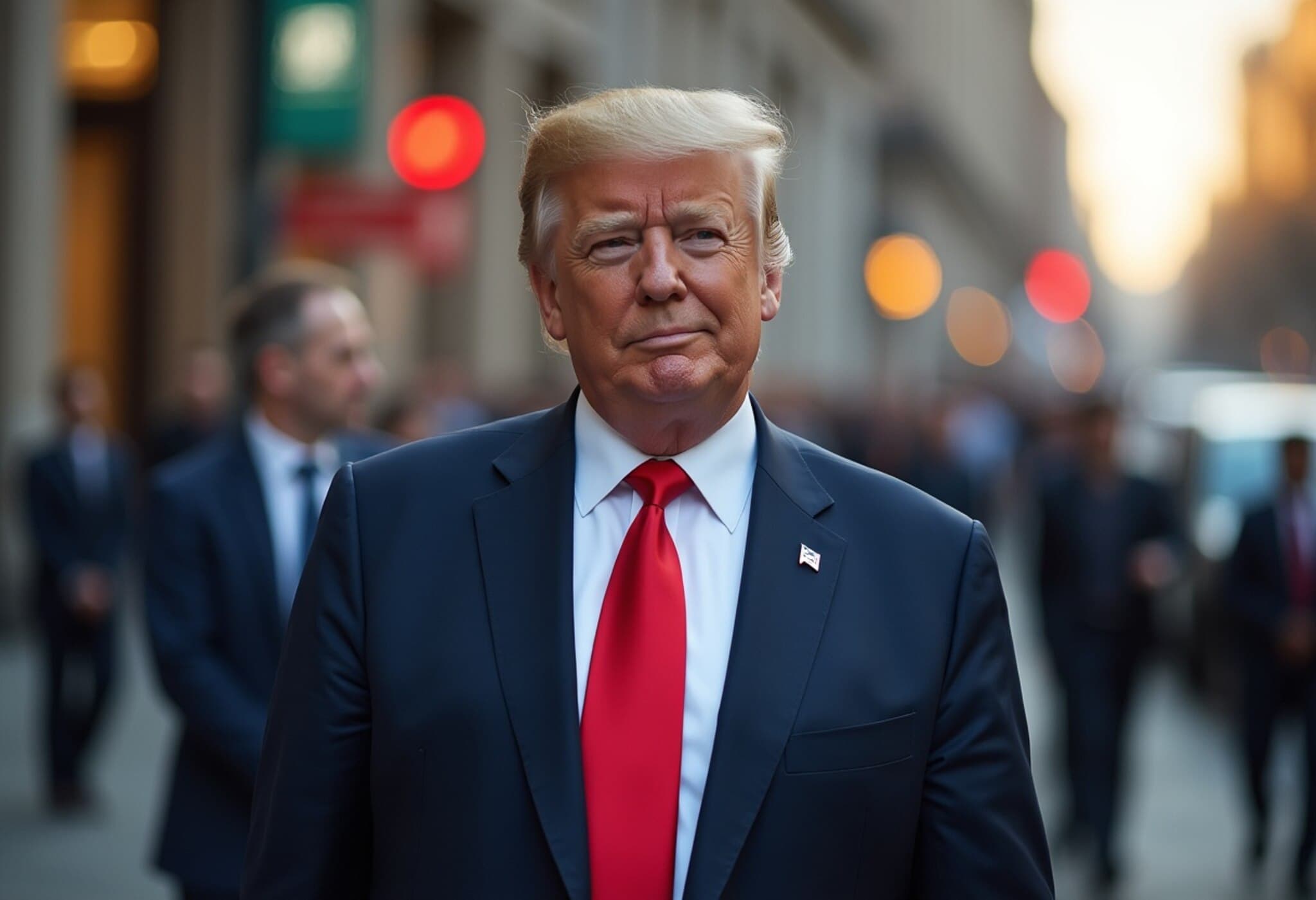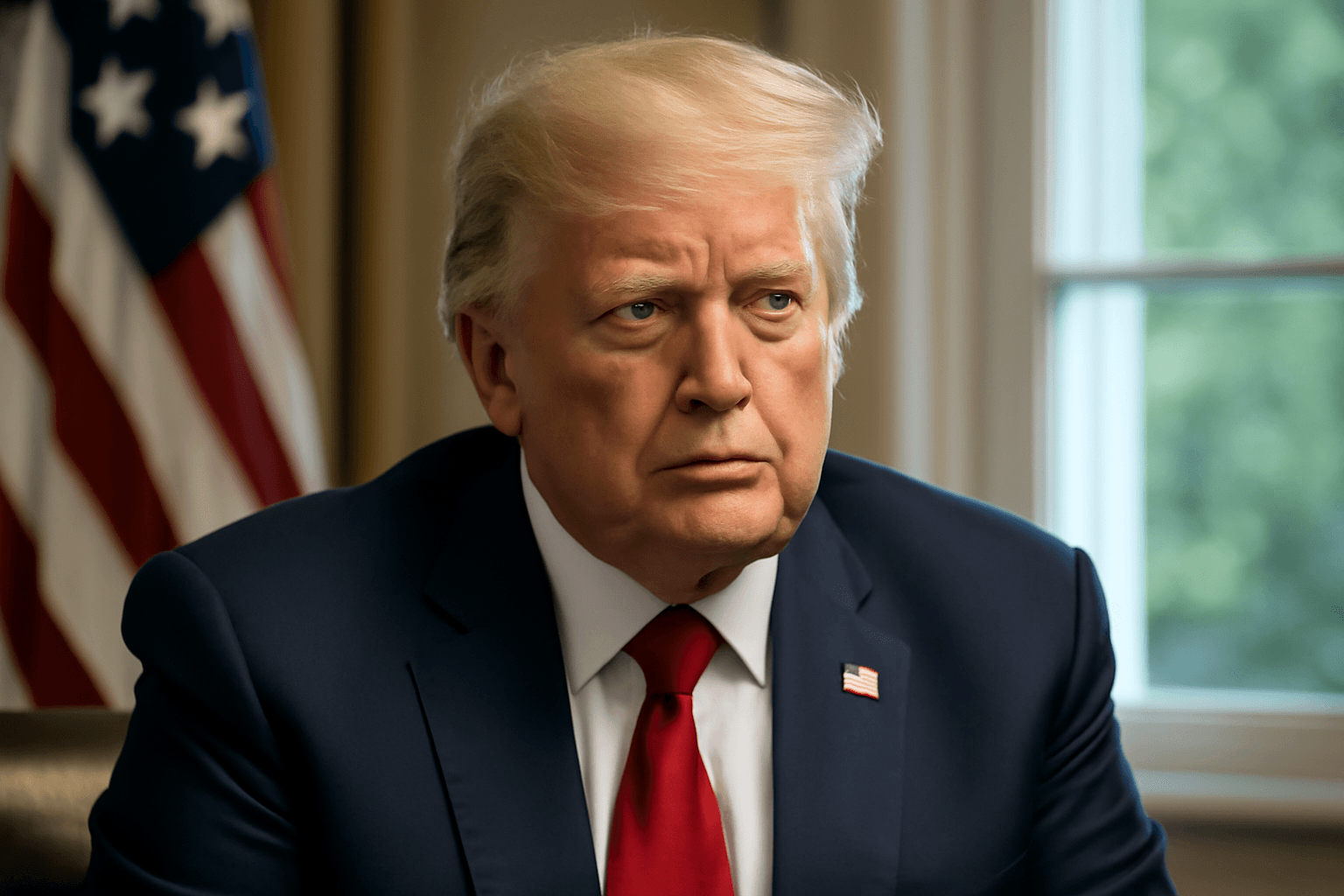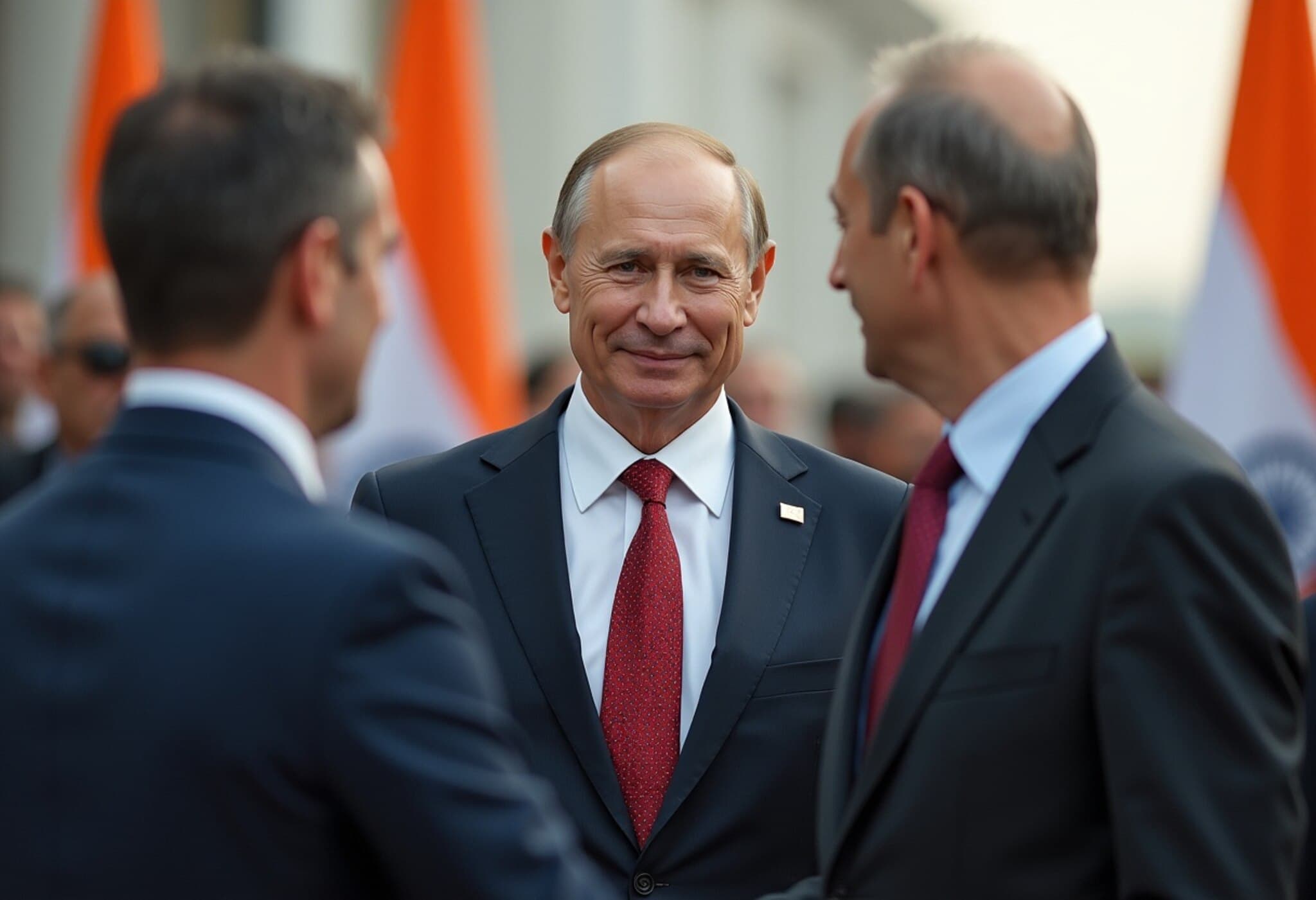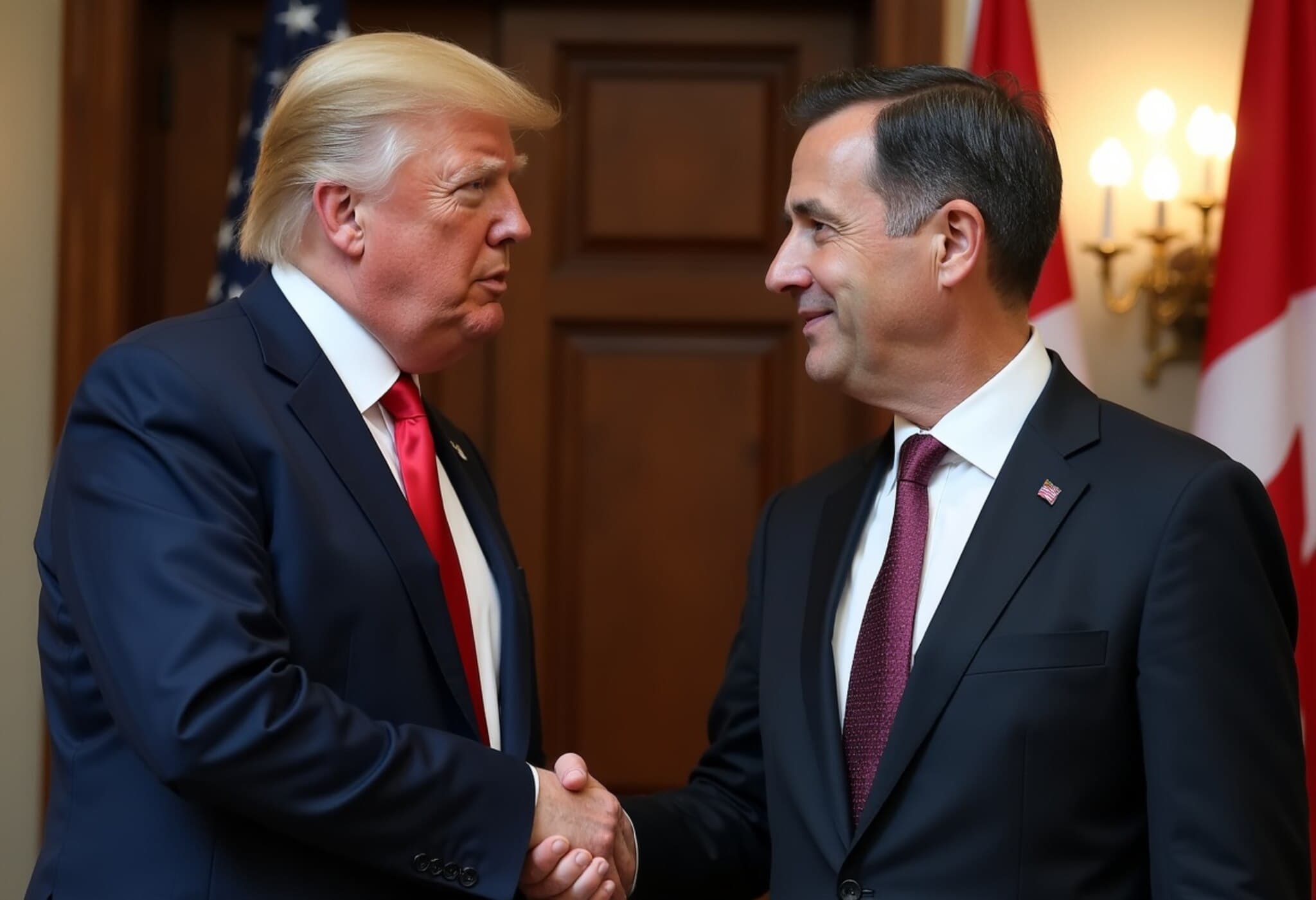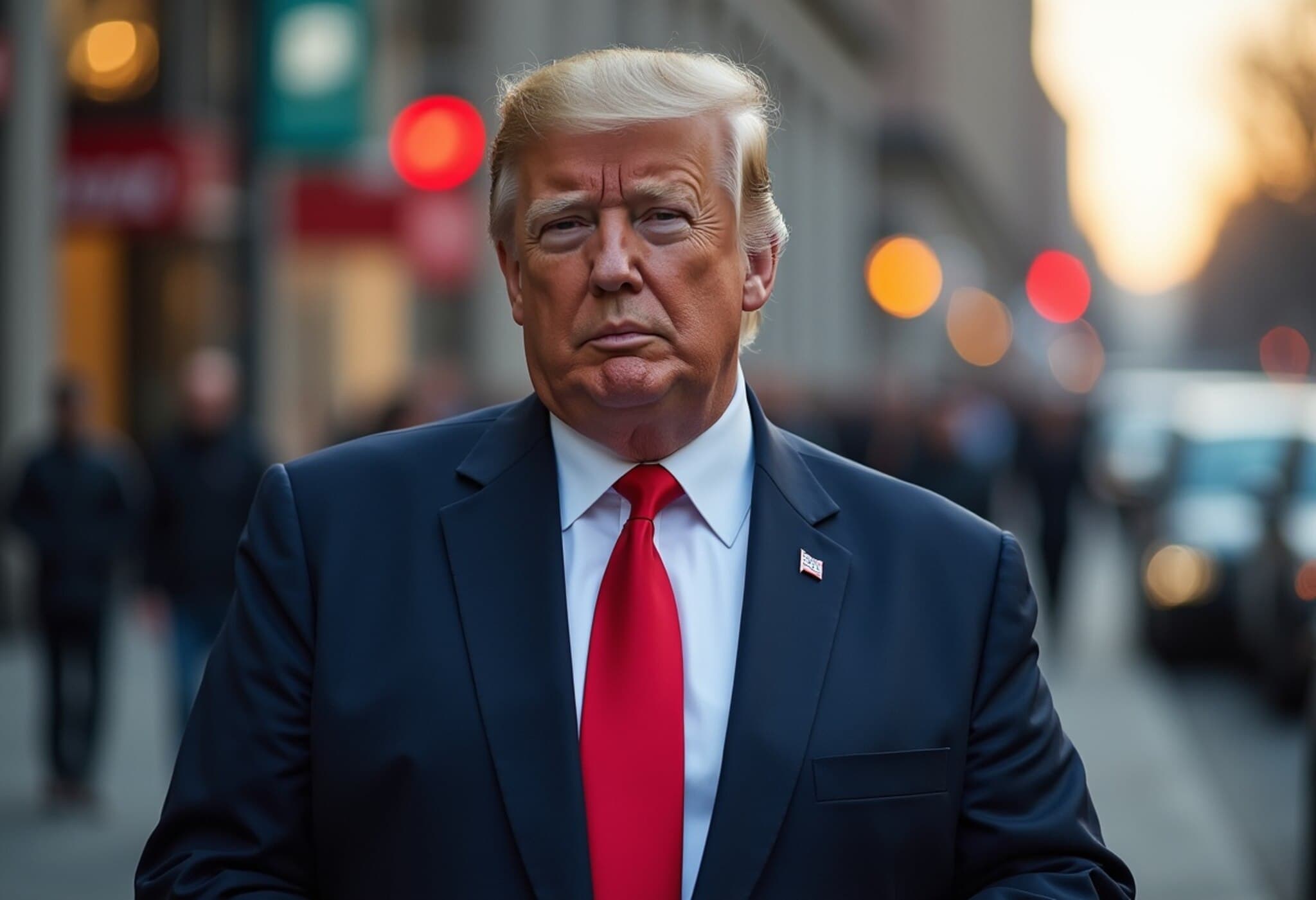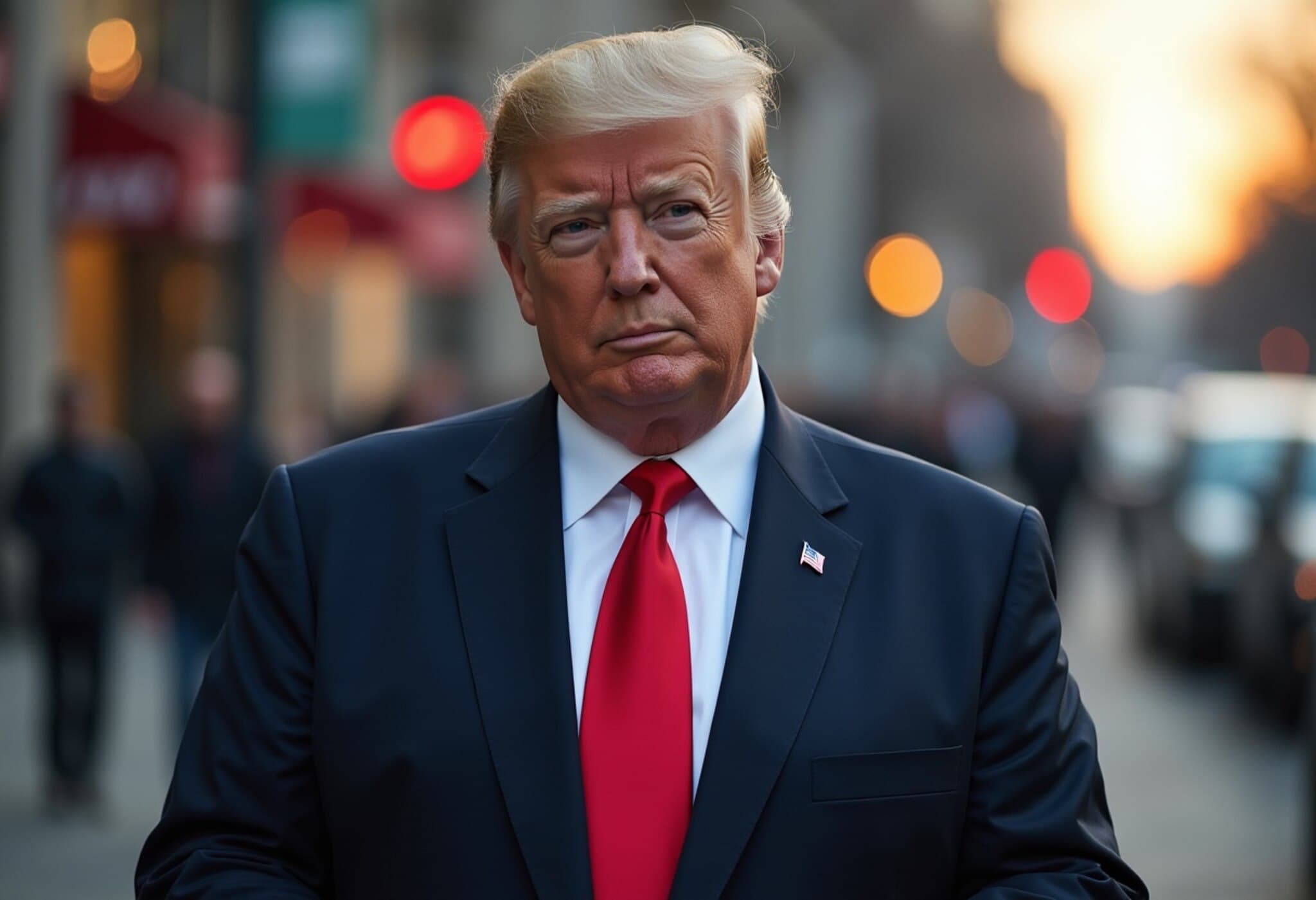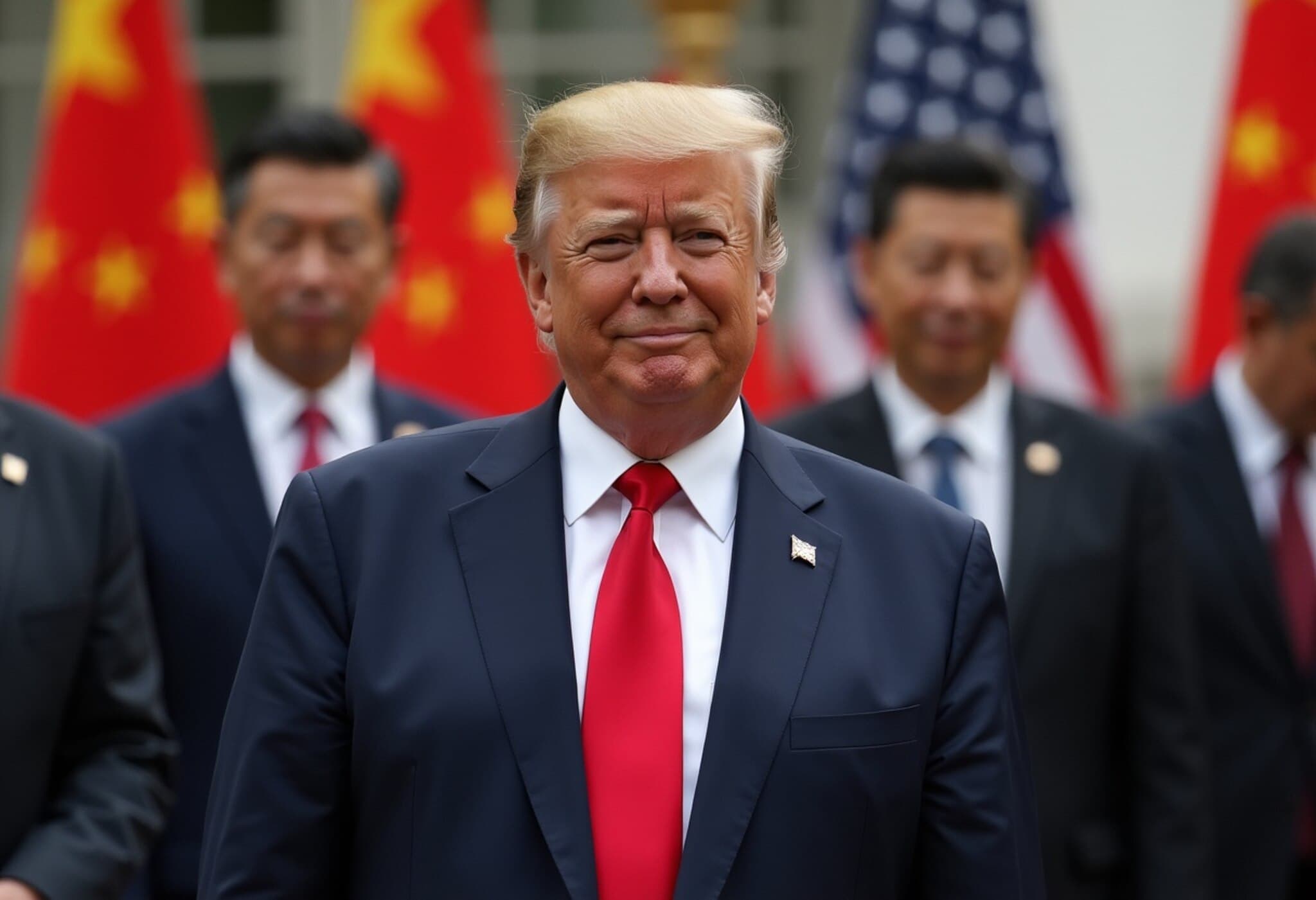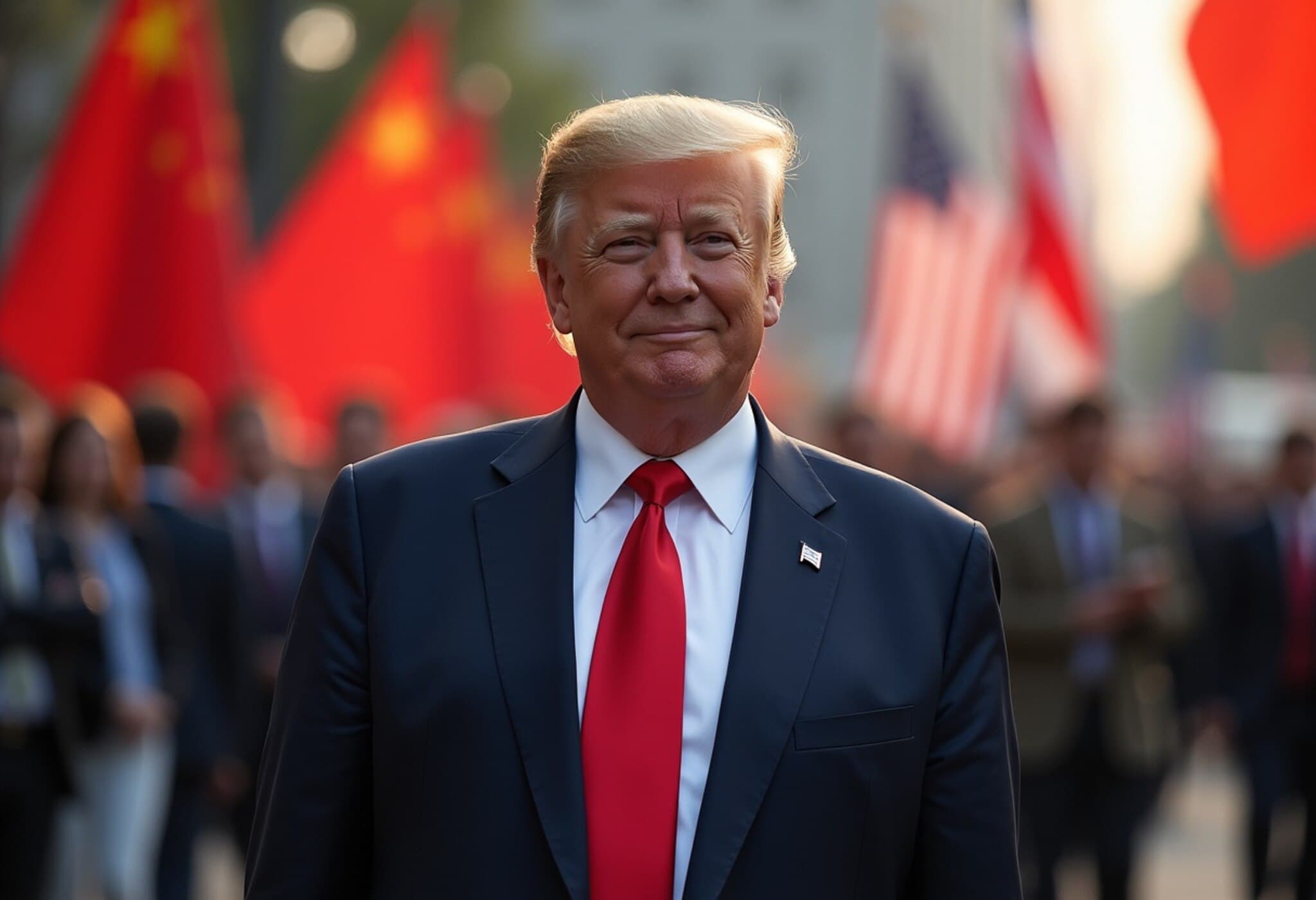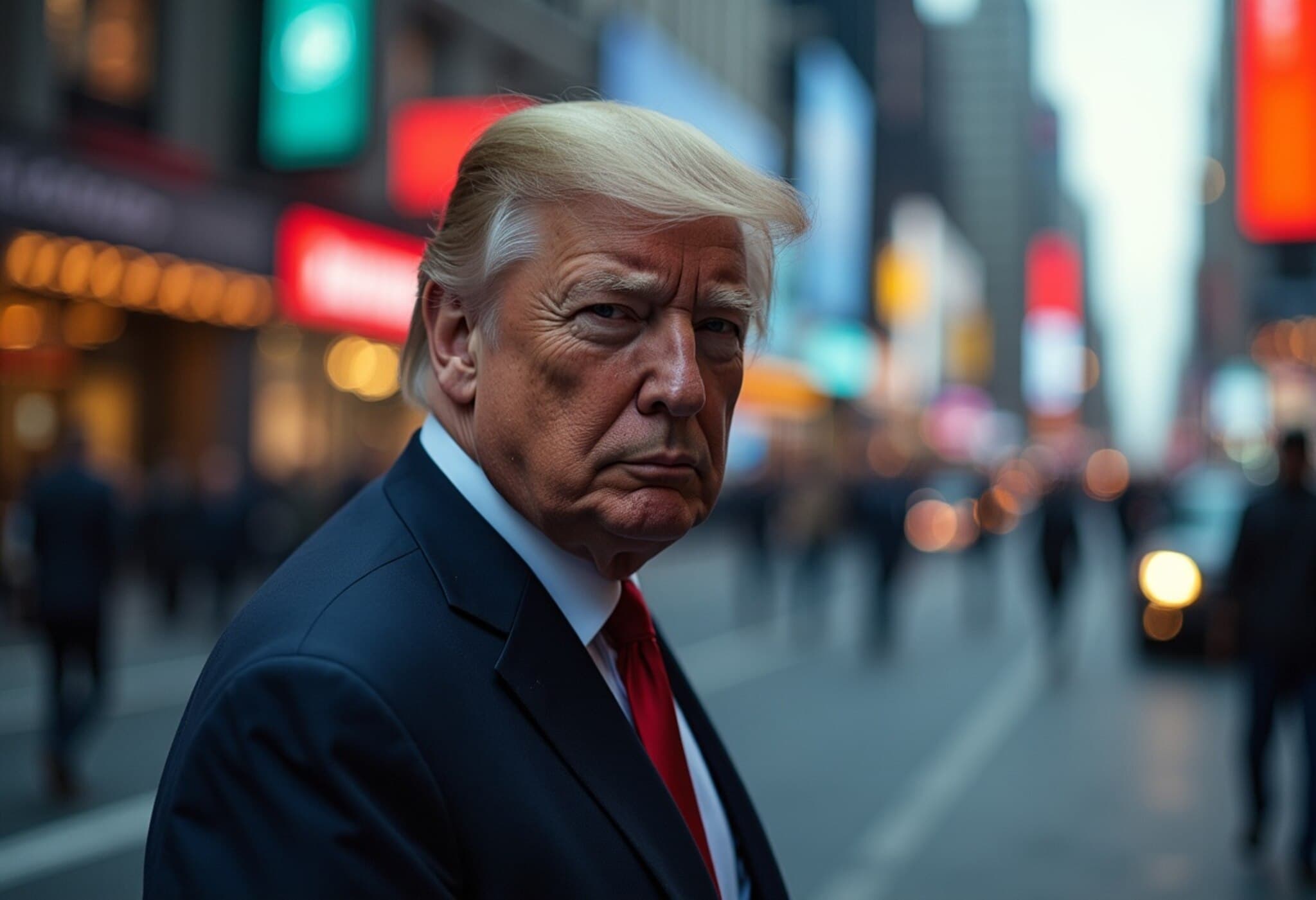India to Suspend All Parcel Services to the U.S. from August 25 Over New Customs Duties
India Post has announced a temporary suspension of parcel services bound for the United States starting August 25, 2025. The decision follows the recent changes implemented by the U.S. government that effectively end the longstanding duty-free exemption on most postal shipments, stirring significant disruption for exporters, businesses, and consumers alike.
Understanding the New U.S. Customs Duties
On July 30, a new U.S. order came into effect that rescinded the previous duty exemption for shipments valued up to USD 800. Starting August 29, all parcels sent to the U.S.—regardless of their worth—will be subject to customs duties under the International Emergency Economic Powers Act (IEEPA). The only exception remains parcels classified as gifts priced below USD 100.
Critically, the new regulation designates that only authorized carriers or “qualified parties” can collect and remit customs duties on postal shipments to the U.S. However, the exact framework for identifying and approving such entities has not yet been clarified by U.S. Customs, leaving many international postal services in limbo.
Why India Post and Others Are Halting Parcel Deliveries
- Operational Uncertainty: Airlines and postal operators are unable to process parcels efficiently due to the lack of an approved system for duty collection and remittance.
- Risk Management: Sending shipments that might face confiscation or surcharge poses financial liability for postal services.
- International Coordination: Similar suspensions by postal services across Europe—including Scandinavia, Austria, France, and Belgium—highlight a broader global challenge in adapting to the new U.S. customs regime.
In response, India Post confirmed it will halt acceptance of most parcel shipments to the U.S. from August 25. Shipments eligible for continued service include letters, documents, and gift parcels valued under USD 100. Customers with parcels already booked that cannot be dispatched will receive postage refunds.
Reactions and Wider Economic Context
The suspension comes amid a backdrop of escalating trade tensions spurred by the Trump administration’s aggressive tariff policies in his second term. Earlier in August 2025, the U.S. doubled tariffs on certain Indian exports to 50%, citing India’s ongoing imports of Russian crude oil despite international sanctions.
Notably, Deutsche Post DHL’s German parcel division has also halted standard shipments to the U.S., while retaining premium express services. These commercial shifts underline how US policy changes ripple through global supply chains and affect everyday commerce.
What This Means for Indian Businesses and Consumers
India’s halt on parcel shipments could significantly impact small and medium-sized enterprises (SMEs) reliant on affordable, duty-free mail services to the U.S. market. It also disrupts e-commerce, gifting, and personal shipments, forcing exporters and senders to seek more costly alternatives or navigate new customs procedures.
Experts warn this pause highlights a broader need for clearer international trade frameworks and cooperation when unilateral tariff actions affect global postal networks.
Looking Ahead
The Department of Posts expressed regret over the inconvenience, assuring that efforts are underway to restore seamless parcel services to the U.S. “at the earliest.” Meanwhile, stakeholders await detailed guidance from U.S. Customs and further dialogue to resolve operational challenges.
As geopolitical trade policies evolve, this episode underscores the interconnectedness of postal systems, international commerce, and diplomatic strategy — and the tangible effects on everyday senders halfway across the globe.
Editor's Note
India’s pause on U.S.-bound parcel shipments is more than a logistics issue; it’s a clear indicator of how abrupt policy shifts can upend global supply chains and inflation-sensitive markets. For American consumers and Indian exporters alike, these developments prompt critical questions about resilience, adaptability, and the future of international trade amid geopolitical uncertainty. Observers should watch how India and the U.S. negotiate solutions balancing security, economic interests, and global postal cooperation.


